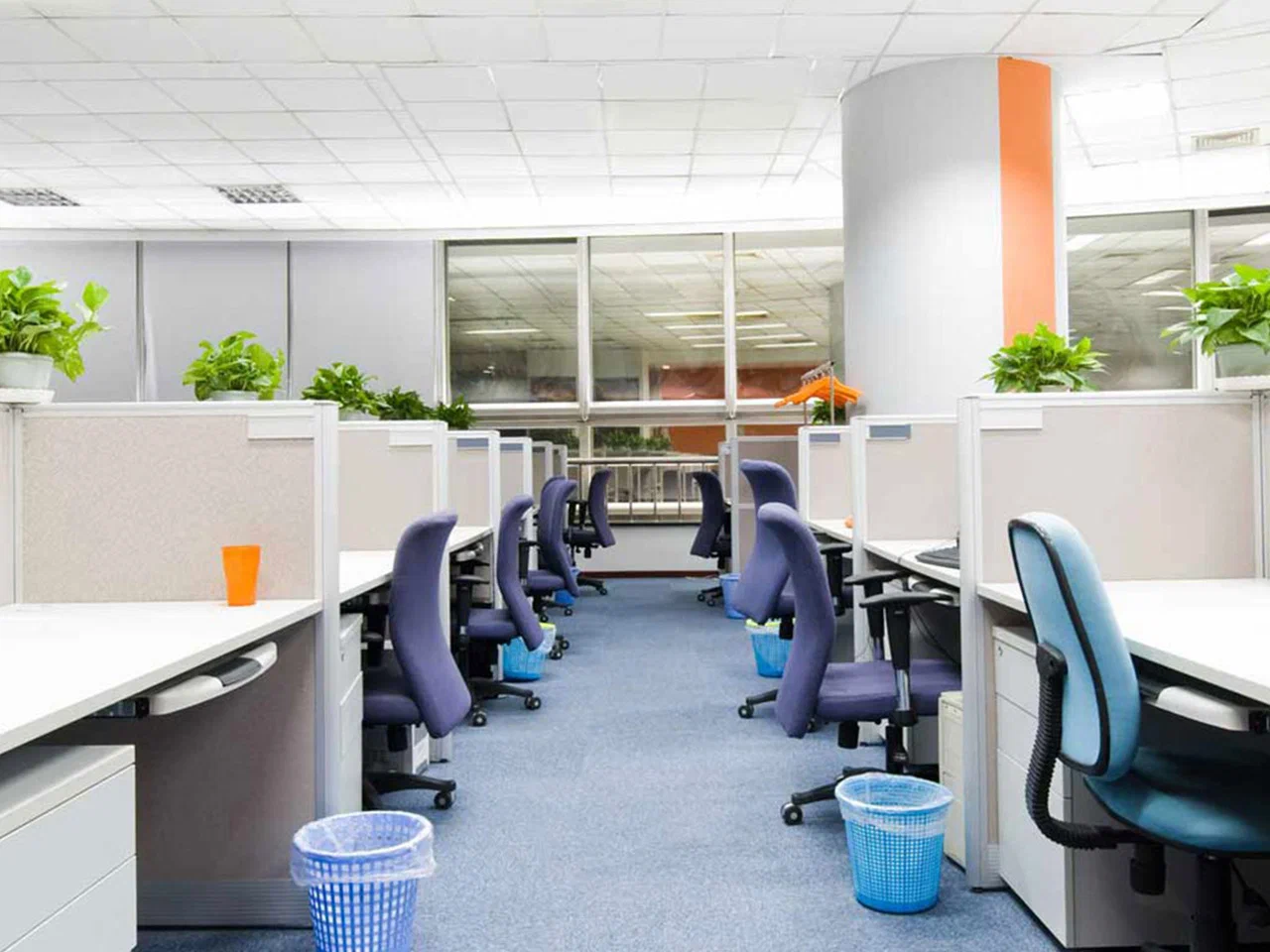The Crucial Link Between Indoor Air Quality and Sleep Quality
In the hustle and bustle of modern life, quality sleep is more elusive than ever. While many factors contribute to a good night's rest, one often overlooked aspect is the quality of indoor air. From allergens to pollutants, the air we breathe indoors can have a profound impact on the quality of our sleep. In this comprehensive guide, we'll delve into the intricate relationship between indoor air quality and sleep quality, exploring the various ways in which poor air quality can disrupt our sleep patterns and overall well-being.
Understanding Indoor Air Quality
Indoor air quality (IAQ) means how clean and healthy the air is inside buildings. It's super important because bad IAQ can make people sick with things like coughing and allergies. Good IAQ happens when we have fresh air coming in and get rid of stuff in the air that can make us sick, like dust and mold. Keeping the air clean inside helps everyone feel better and work better too! It's also good for saving energy and keeping our planet healthy.
Common Indoor Air Pollutants
• Dust
Tiny particles from dirt, pollen, and skin cells can accumulate on surfaces and in the air, leading to respiratory issues and allergies.
• Pet Dander
Skin particles shed by pets like cats and dogs can trigger allergic reactions. They can make asthma worse, especially in sensitive people.
• VOCs (Volatile Organic Compounds)
Chemicals from products such as paints, cleaners, and building materials can get into the air. They cause headaches, dizziness, and irritation of the eyes, nose, and throat.
• Mold and Mildew
Mold and mildew thrive in damp and humid places. They release spores that can cause breathing issues, allergies, and infections.
• Tobacco Smoke
Smoke harms not only smokers but also nonsmokers. It raises their risk of health issues due to secondhand smoke.
• Formaldehyde
Formaldehyde emissions are found in building materials, furniture, and some household products. They can irritate the respiratory system and may even raise the risk of certain cancers with long exposure.
Are you worried about the air quality indoors in Denver? Consider indoor air quality testing Denver. It will find pollutants and ensure a healthier indoor environment for you and your family. Testing can identify pollutants. It can guide you in making effective strategies. These strategies improve air quality and promote health and well-being.
The Impact Of Indoor Air Quality On Sleep
Allergens and Irritants
Dust mites, pollen, and pet dander can make breathing hard and cause allergies or asthma, making it tough to sleep well.
Airborne Particles
Dust, smoke, and yucky stuff in the air can bother our noses and make us cough or sneeze, making it harder to sleep peacefully.
Humidity Levels
Too much moisture in the air can make mold and dust mites grow, which can make us feel yucky and have trouble breathing, making sleep uncomfortable.
Volatile Organic Compounds (VOCs)
Chemicals from things like paints and cleaners can make the air not good to breathe, which can bother our noses and make it hard to sleep well.
Carbon Dioxide (CO2) Levels
Not enough fresh air can make the air stuffy and full of CO2, which can make us feel tired and not sleep well.

Strategies For Improving Indoor Air Quality
Proper Ventilation
Making sure there's enough fresh air coming in helps keep indoor air clean by getting rid of bad stuff and keeping it fresh. It's like opening a window or using fans to let the air circulate.
Air Purification
Air purifiers can clean the air. They do this by removing things like allergens, yucky smells, and other pollutants. This makes it easier to breathe and sleep better.
Humidity Control
Keeping the air not too wet or too dry helps prevent mold and dust mites from growing. Using dehumidifiers or humidifiers can help control humidity levels and make the air more comfortable.
Minimizing Indoor Pollutants
Avoiding or reducing the use of products that give off bad chemicals, like paints and cleaners, can help keep indoor air healthier. Choosing low-VOC or natural products can also help.
HVAC Maintenance
Keeping HVAC systems clean and well-maintained is important. It keeps indoor air quality good. Regular cleaning and changing filters help remove dirt and pollutants from the air, promoting better IAQ.
Creating A Healthy Sleep Environment
Bedroom Design
Arrange your bedroom so it feels cozy and peaceful. Use comfy bedding and keep the room dark and quiet for better sleep. Avoid clutter and make sure your bed is comfortable.
Sleep Hygiene Practices
Develop a bedtime routine to help your body relax and signal that it's time to sleep. Try calming activities like reading or taking a warm bath before bed. Keep your bedroom cool and quiet for better sleep.
Lifestyle Factors
Eating a healthy diet, getting regular exercise, and managing stress can all help improve sleep quality. Avoid caffeine and heavy meals close to bedtime and try to relax before bed to help you fall asleep more easily.
The Role of Technology
Some smart devices and apps can help monitor your sleep patterns and provide tips for better sleep. These tools can track your sleep quality and help you make adjustments to improve your sleep habits.
Creating A Healthy Indoor Environment With Teamworks
Having good indoor air is super important for our sleep and how we feel overall. We can sleep better and feel better too if we know what makes indoor air bad and do things to make it better. This includes getting fresh air and using air purifiers. Making small changes, like keeping humidity levels right and avoiding things that make air yucky, can really help. So, let's work together at home as a team, called "Teamworks at home," to make sure the air we breathe inside is the best it can be. When we breathe in good air, we can sleep better and feel better every day. Let's make our home a comfy and healthy place to rest and relax!




















